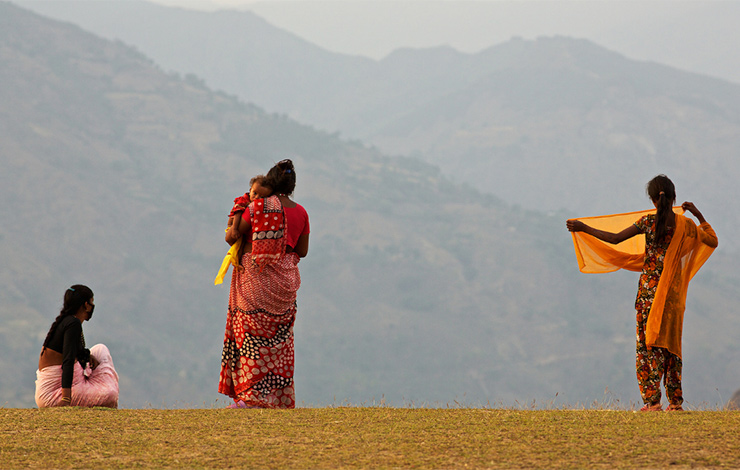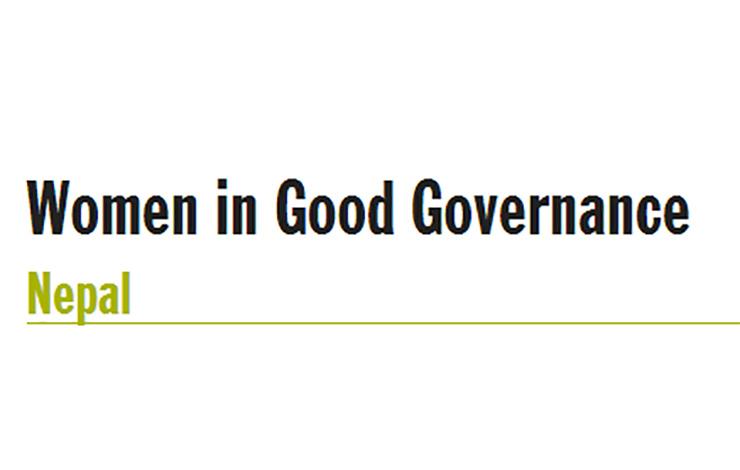In Nepal, violence against women is one of the major factors responsible for the poor health of women, livelihood insecurity, and inadequate social mobilization.
Challenge

In Nepal, violence against women is one of the major factors responsible for the poor health of women, livelihood insecurity, and inadequate social mobilization. Several research projects in Nepal have indictated that 66% of women have endured abuse, 33% have endured emotional abuse, while 77% of the perpetrators were family members (UNICEF 2001), indicating that even the home is not a safe place for women. Furthermore, violence against women in the eastern Tarai districts has reached epidemic levels because perpetrators do not just go uncharged, but they are often rewarded for their crimes. Earlier this year, a 14 year-old student was founded to have been repeatedly raped by her school teacher. When the situation was discovered, locals and police mediated and forced the teacher to marry his minor victim. At a time when cases of violence against women have seen an unprecedented rise, these cases will continue unless there is an establishment of an effective rule of law and end to impunity.
Program Summary
Activities undertaken include:
- Select five cases of rape in which justice to the victims and their families were denied
- Engage two human rights and legal activists/investigators and a lead human rights defender, two senior lawyers for advisory opinion. Also, involve the Nepal Bar Association, NHRC and the National Women’s Commission for support and interaction, as well as the media. Interact with law enforcement officials and local authorities and activate them for redress.
- Carry out legal research and court case studies, and organize advocacy programs.
- Prepare a report and share with relevant agencies/institutions and bring the outcome to the public and government’s attention.
- Pursue state machinery to bring about policy/legal changes and build institutional capacities to respond to the rule of law needs and mitigate impunity.
- Encourage victims, victims’ families, and rule of law/human rights defenders by enhancing their dignity through social support and respect.
Impact
The initial impact is that once the five rape cases are adopted, truths and facts will be discovered, gaps in the rule of law will be identified, and measures for redrees will be discovered and folowed. This will lead to recommnedations for policy reform, fostered through widely generated public awareness and support. The long term impact is that the impunty will be mitigated and law enfrocement mechanisms will be strengthened and made effective.
Anticipated Issues
Challenges include:
- Noncooperation of corrupt state agencies
- Conservative social forces and some anti-reformist political groups
- The inadequacy of resources
Partners
Partners include:
- Women In Environment (WE)
- NCF
- Nepal Bar Association
- NHRC


